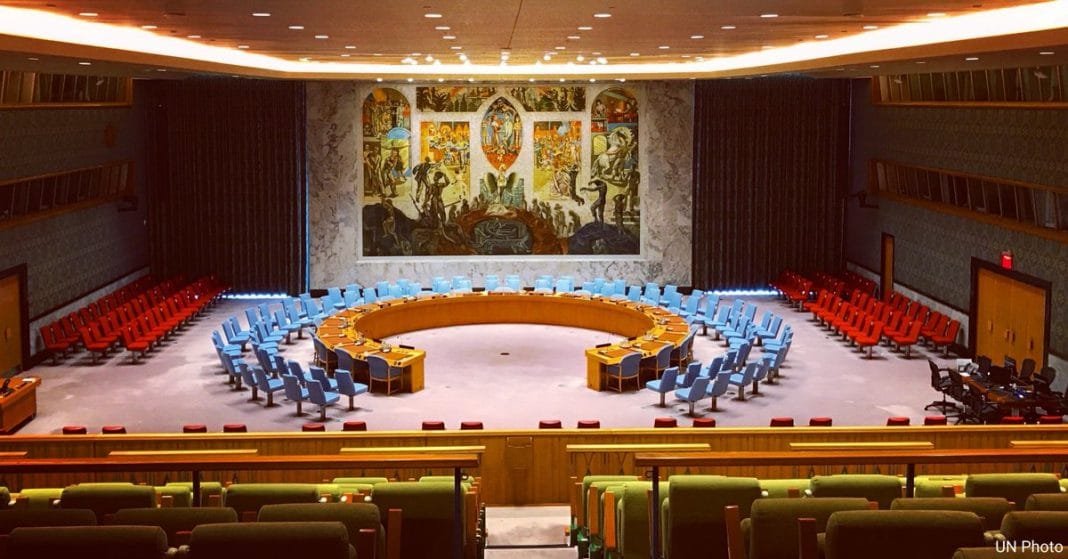New York, 6 June 2023 (TDI): The United Nations General Assembly voted on Tuesday to elect five countries as non-permanent members of the UN Security Council.
Algeria, Guyana, the Republic of Korea, Sierra Leone, and Slovenia have been chosen to join the premier body responsible for maintaining international peace and security, starting in January, for two years.
Composition of the Council
The Security Council comprises 15 members, including five permanent members: China, France, Russian Federation, the United Kingdom, and the United States. The remaining ten seats are occupied by non-permanent members who the General Assembly elects for two-year terms.
Intense Competition
Out of six countries contending for the five non-permanent seats, Algeria, Guyana, the Republic of Korea, Sierra Leone, and Slovenia emerged victorious. These seats will become vacant at the end of the year, and the newly elected countries will assume their roles from January onwards.
Securing a Seat
The five permanent members can veto any resolution or decision, making their positions highly influential. On the other hand, non-permanent members are elected through a voting process conducted by the General Assembly. The candidates must receive a two-thirds majority, equivalent to 128 votes, even if they run uncontested.
Regional Representation
The voting process is aligned with geographical distribution by region. One hundred ninety-two countries voted to fill three Council seats allocated to the Africa and Asia-Pacific Groups, with an additional seat each for Eastern Europe, Latin America, and the Caribbean. Slovenia won against Belarus in the race for the Eastern Europe seat, securing 153 votes compared to 38. Meanwhile, Algeria, Guyana, Sierra Leone, and the Republic of Korea ran unopposed.
Importance of the UN Security Council
The UN Security Council is crucial in maintaining global peace and security. Its decisions and resolutions significantly impact international affairs, and including new non-permanent members ensures diverse perspectives and regional representation in the Council’s discussions and decision-making processes.
The election of these five countries to the UN Security Council reflects the international community’s confidence in their ability to contribute to the promotion of peace and stability on a global scale. Their involvement in addressing pressing global challenges will be crucial in the coming years.








